Online Programs
Earn an LSU engineering degree—learning from the same faculty teaching the on-campus courses—from anywhere in the world. When you graduate, your diploma is the same LSU diploma our on-campus students receive.
The LSU College of Engineering is dedicated to creating engineers who can transform ideas into reality to solve society's problems and improve the quality of life. We cultivate leaders with a strong sense of global awareness, an entrepreneurial spirit, and exceptional communication skills. LSU Engineering students are immediately successful after graduation due to experiences that yield increased opportunities in the workforce. Here you can access information on all of our undergraduate offerings.
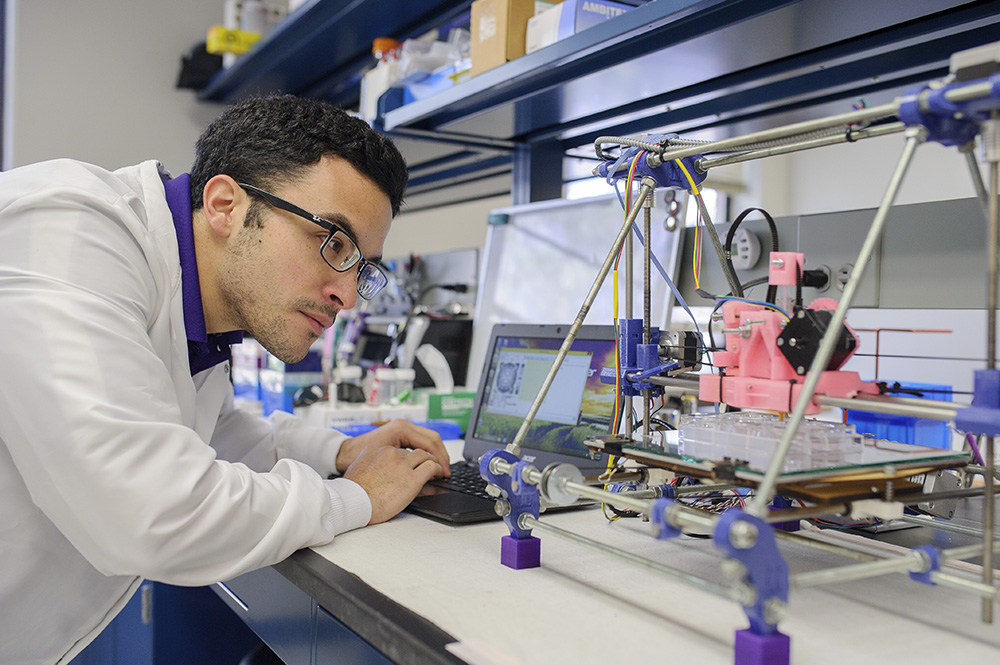
Apply engineering principles to living organisms and systems, whether those include plants, animals, humans, or the environment. Focus areas include biomedical, bioenvironmental, bioprocessing, or biomechanical. Many graduates go on to medical school or graduate school, but others will work in consulting, government agencies, biomedical firms, or even technical sales.
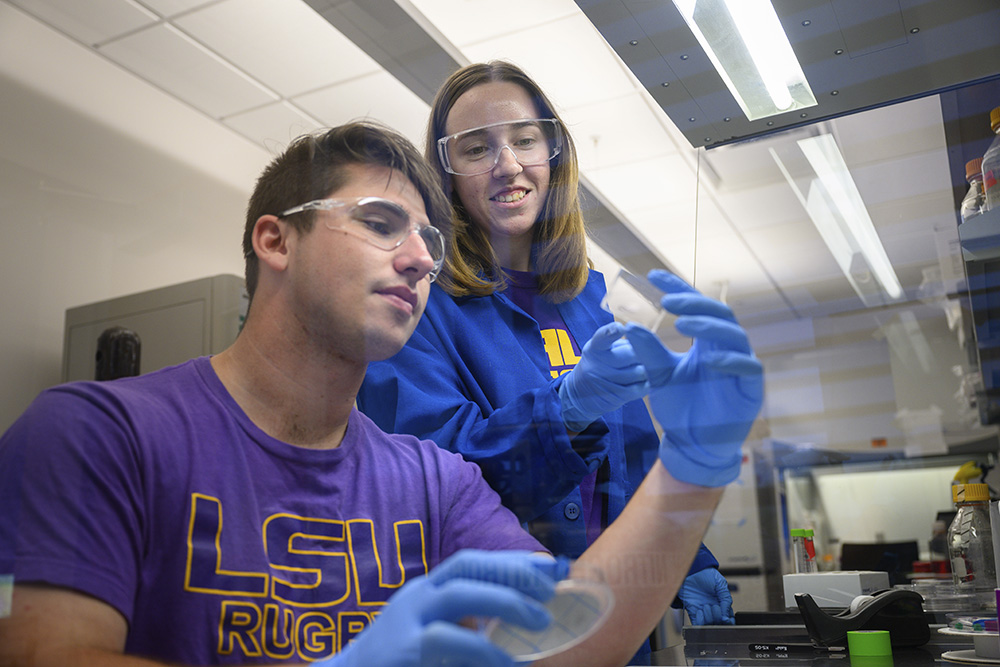
Combine several fields of science (chemistry, physics, and biology) with engineering design principles to create new chemical and biochemical processes–usually in the form of chemical reactions or separations. These techniques can be used to convert raw materials like sand, metal ore, crude oil, and natural gas into all of the products we use every day. Graduates may work in the petrochemical industry/plants, research and development, or go on to graduate school or medical school.
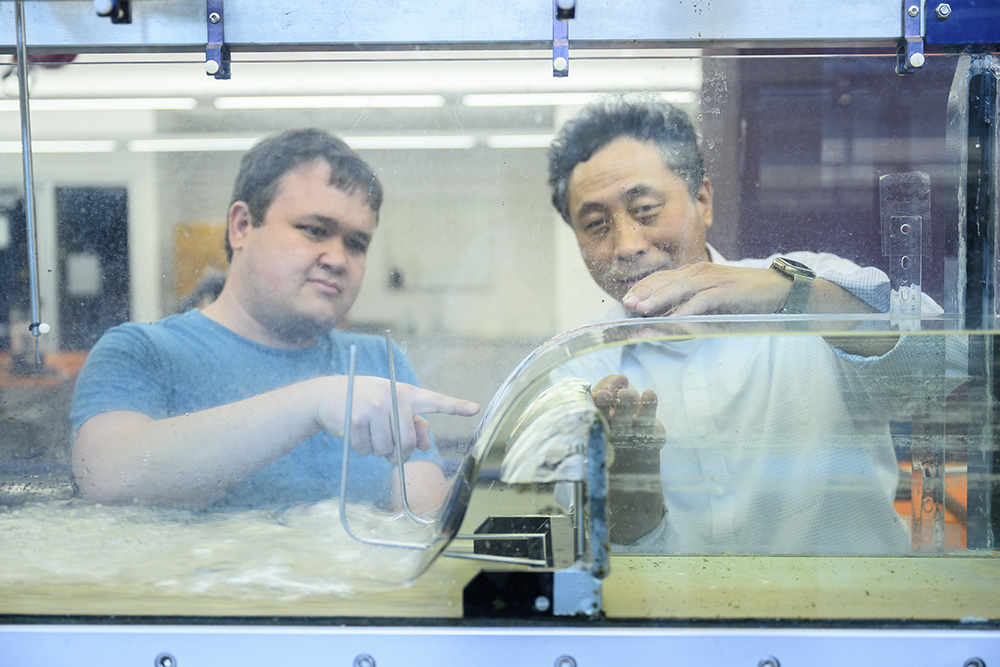
Work on the design, installation, and maintenance of the infrastructure systems essential for development of modern societies and coastal subsidence projects crucial for the resilience of Louisiana and other coastal regions. Sub-disciplines include structures (bridges, buildings, industrial facilities, etc.), water resources (rivers, levees, canals, etc.), transportation (roadways, highways, traffic systems, etc.), geotechnical (soils, foundations, coastal subsidence, etc.), and geodesy (surveying). Graduates may work for structural design firms or the large-scale petrochemical facilities but often work for government agencies such as the Department of Transportation or U.S. Army Corp of Engineers.
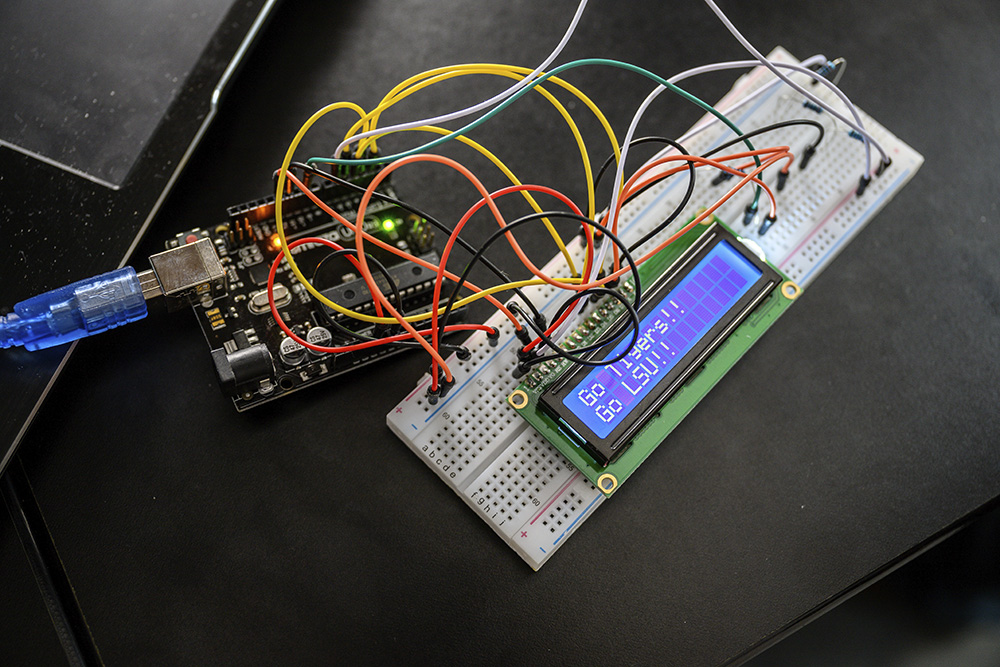
Create, design, or improve computer hardware and/or software by combining knowledge from the fields of electrical engineering and computer science. Computer engineers work in the fast-paced and dynamic field of computer technology and might be involved in any aspect of computer design, including circuit design, supercomputing, microprocessor design, personal computing, chip design, embedded systems, sensor design, robotics, and more.
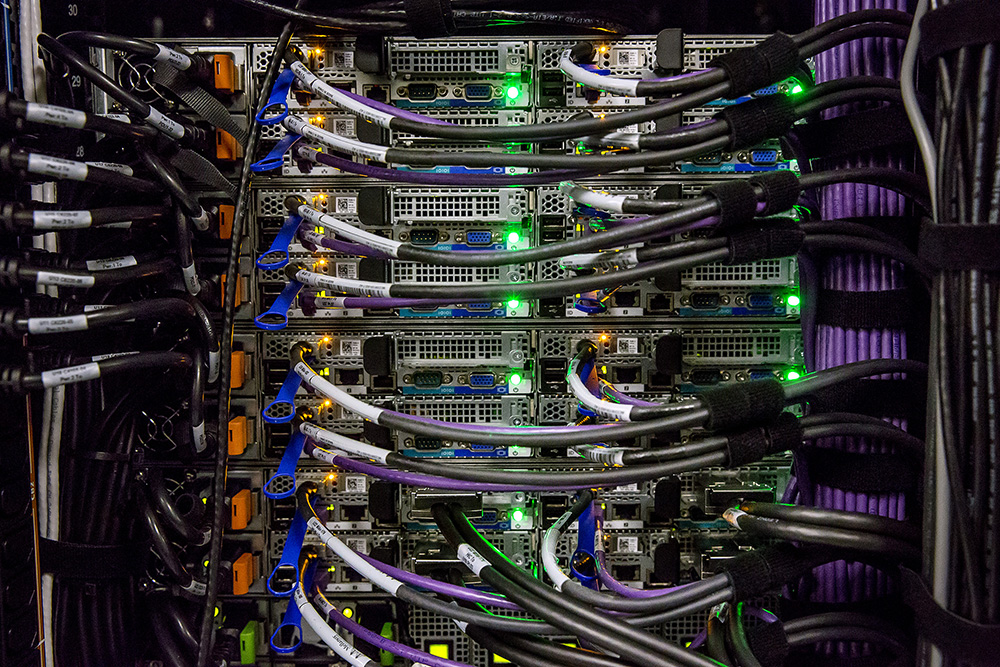
Learn the principles and algorithms behind modern-day computing, develop programming and software design skills, and then use computers to solve problems in almost any field. Concentrations include software engineering, cloud computing and networking, data science and analytics, and computer science and a second discipline. Many graduates go on to become software engineers/developers, but other job titles include cyber security specialist, system manager, data analyst, network designer, web developer, entrepreneur, and more.
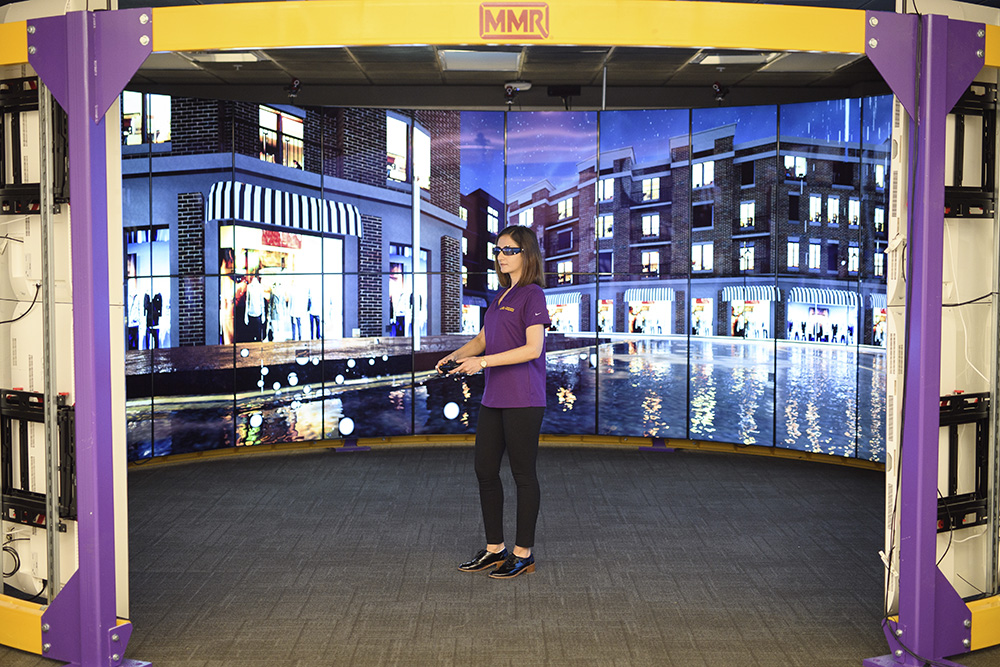
Use engineering and business principles to oversee the complexities of the construction process. This includes construction methods/materials, estimating, budgeting, contract law, planning, scheduling, safety, the use of the latest technologies, and effective communication. Industry emphasis areas include industrial, highway, commercial, residential, and general construction. Graduates are easily employed in this booming industry and have the skills to enter multiple industry-related career paths, or they can start their own construction business.
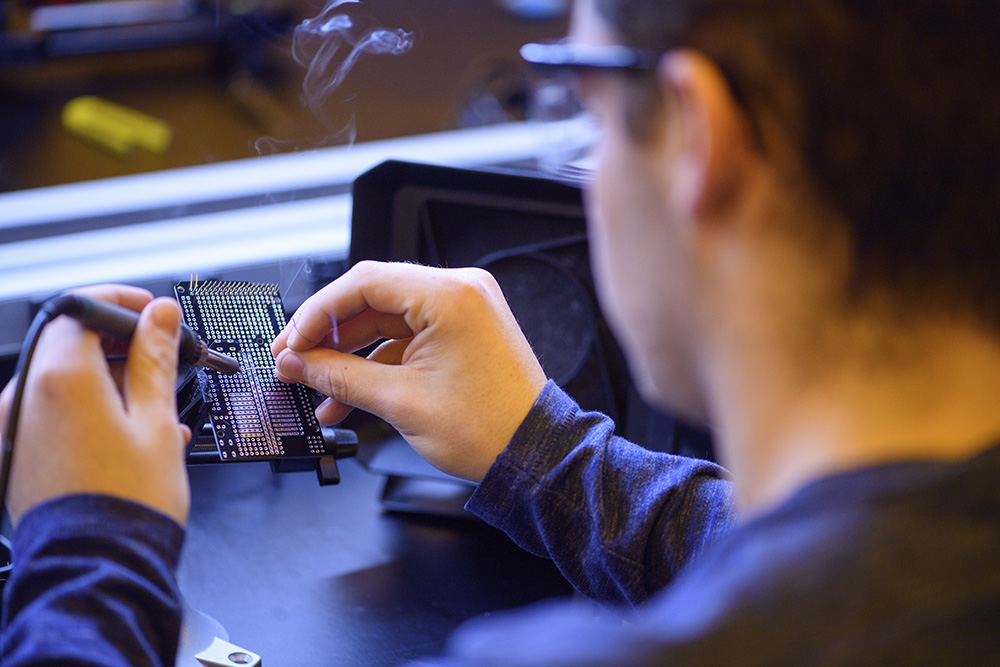
Design products and systems that use electricity to run the modern world. Electrical engineers are primarily concerned with the generation, control, transmission, and distribution of electric energy, signals, and information. This may be on a large scale, such as designing a more reliable power grid, or a small scale, such as developing components for a new medical device or cell phone. Graduates could design power systems in Baton Rouge, work on flight control systems in San Diego, help maintain an oil rig in the Gulf of Mexico, or work at a software company in Silicon Valley.
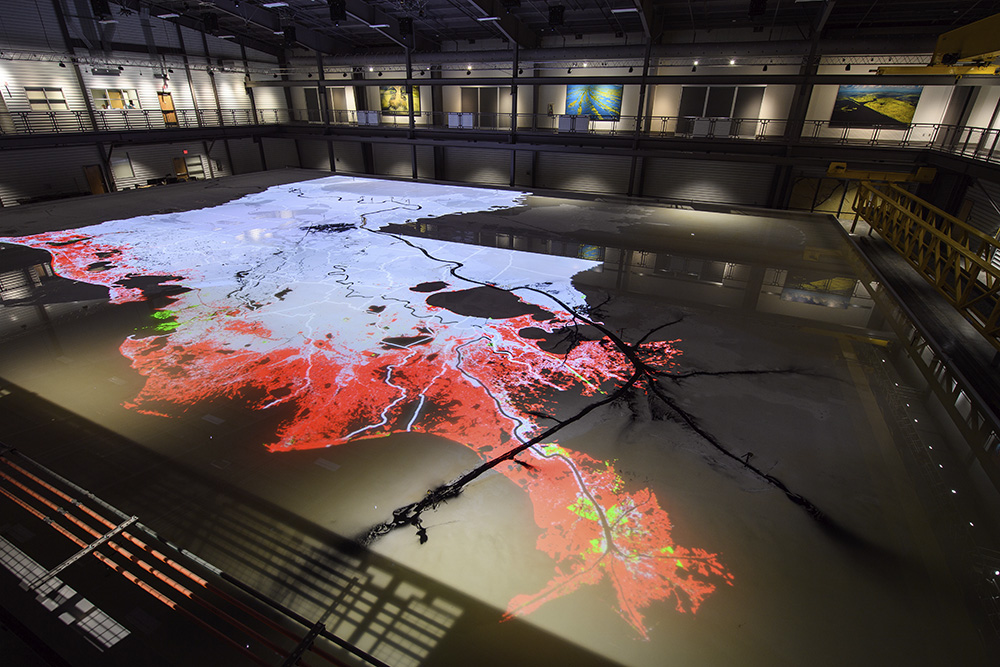
Use the principles of engineering, biology, chemistry, and physics to address environmental challenges such as waste disposal, water treatment, recycling, pollution control, and public health. Specialization tracks include sustainability, coastal engineering, and a “flex” track, which allows students to tailor their focus to meet individual career goals. Graduates pursue careers in governmental organizations, nonprofits, and industry, or they may serve as external consultants for any of these entities.
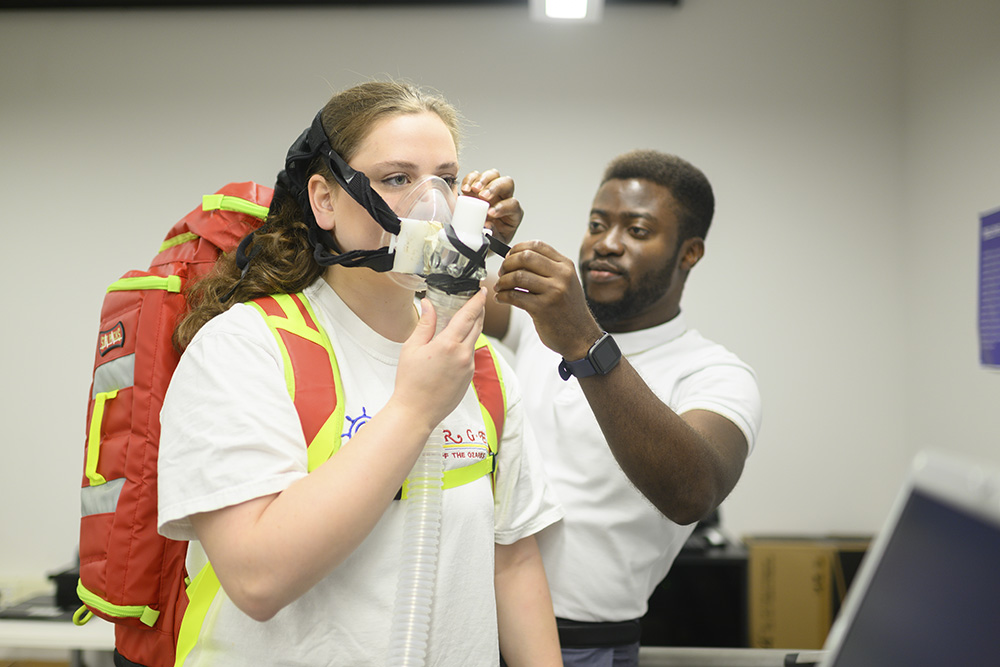
Apply engineering design principles to create or improve any type of system. Industrial engineers find ways to eliminate wastefulness in production processes and devise efficient systems that integrate workers, machines, materials, information, and energy to make a product or provide a service. They help businesses and organizations reach their full potential by improving process flows, supply chain management, quality assurance, and safety. Industrial engineers might work on a broad range of areas, from redesigning factories to make better use of resources to creating quicker and safer processes for emergency rooms and healthcare systems. With skills that can be applied to almost any industry, industrial engineers can work in almost any field and at any type of organization/company.
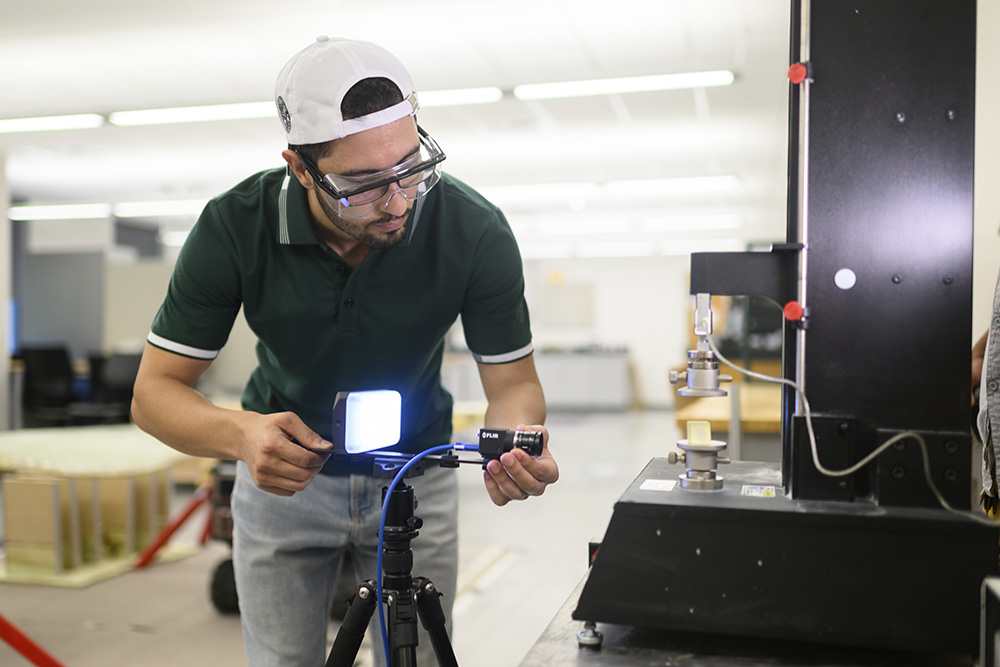
Research, design, develop, build, integrate, and test mechanical and thermal/flow devices and systems, including sensors, tools, engines, and machines of all kinds. Mechanical engineers design and oversee the manufacture of many products, ranging from medical devices to new batteries. They also design and engineer the maintenance of both power-producing and power-consuming machines. They typically design/redesign devices or systems with the aid of engineering analysis and design tools to solve particular problems; investigate, diagnose, and fix equipment failures/problems; develop and test prototypes; analyze test results; change designs and/or systems as needed to fulfill their purpose; and oversee manufacturing processes. Modern mechanical engineers are expected to take a leading role in the digital transformation, which is already underway in many industrial sectors. Mechanical engineers can often cover what other engineers do because of the breadth of this engineering field.
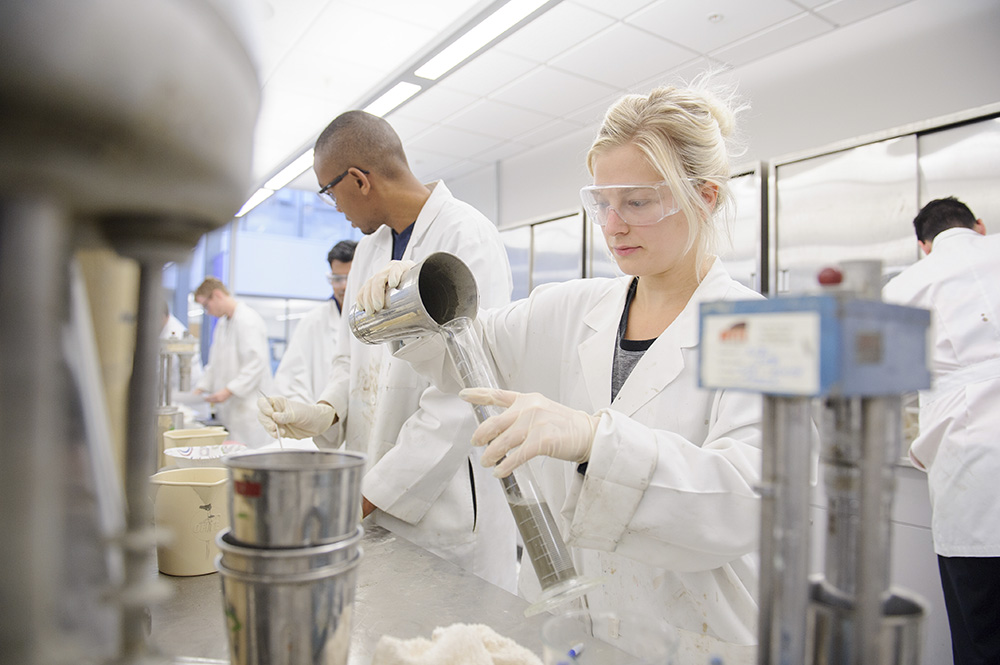
Design systems for safe and efficient access to the earth’s subsurface. Traditional careers include oil and natural gas production, which makes our everyday lives possible. Emerging fields include carbon sequestration and geothermal energy. Petroleum engineers work in a high-tech, lucrative industry and can pursue technical or managerial roles in companies of all sizes. They often serve as consultants or start their own business.